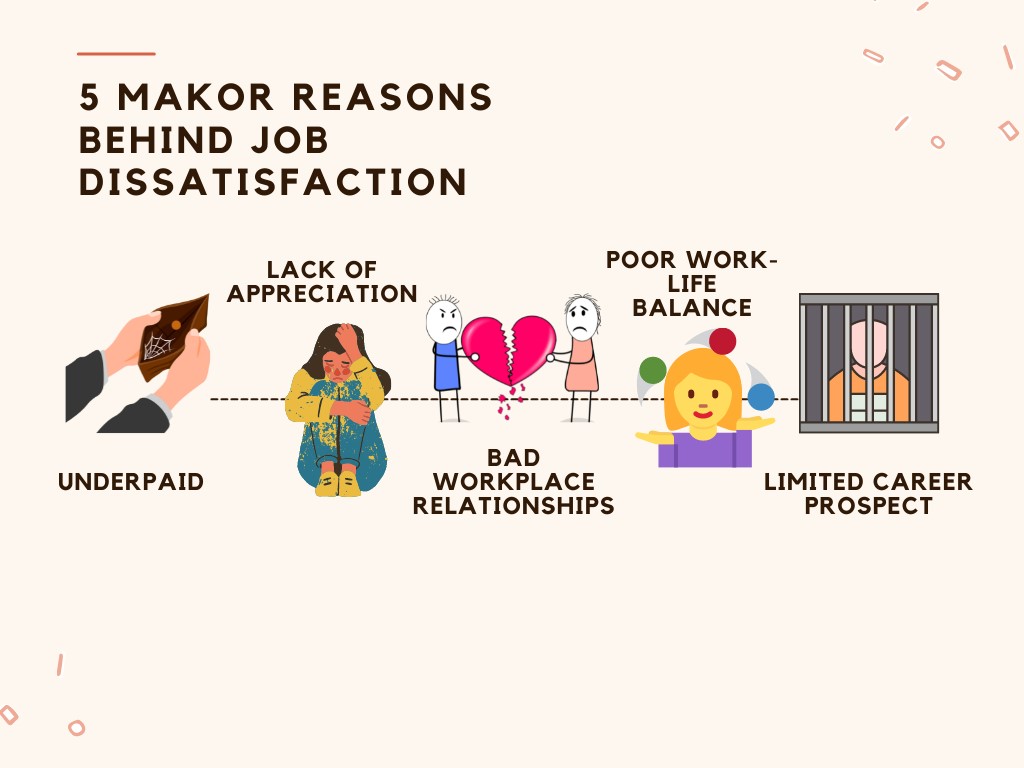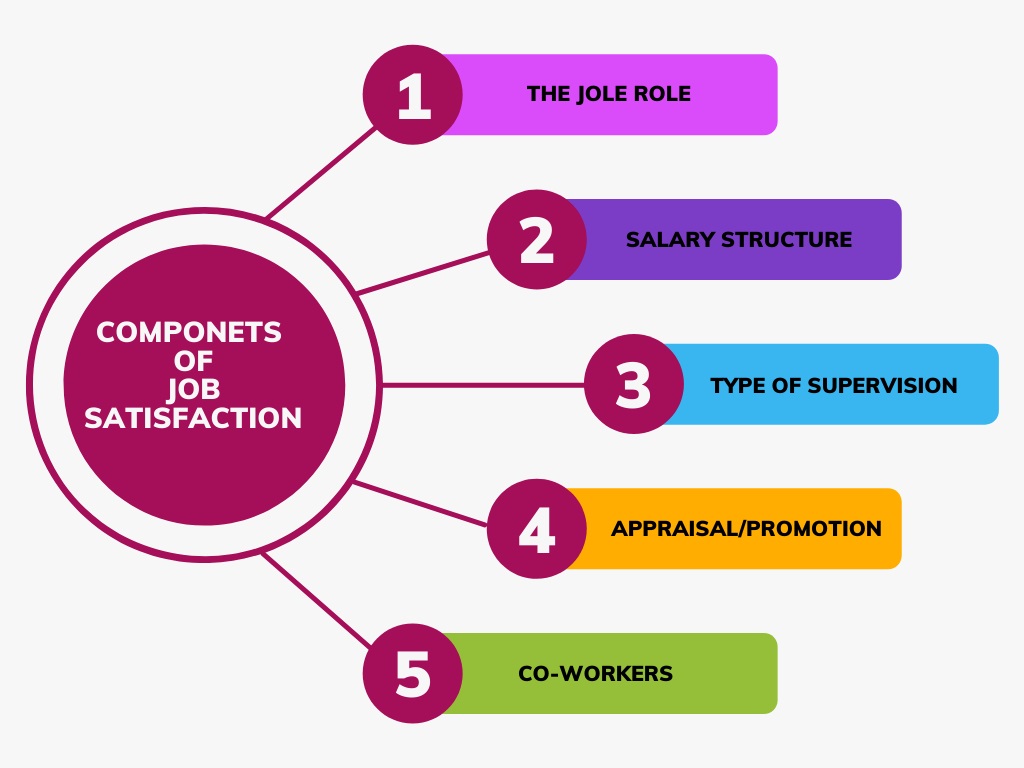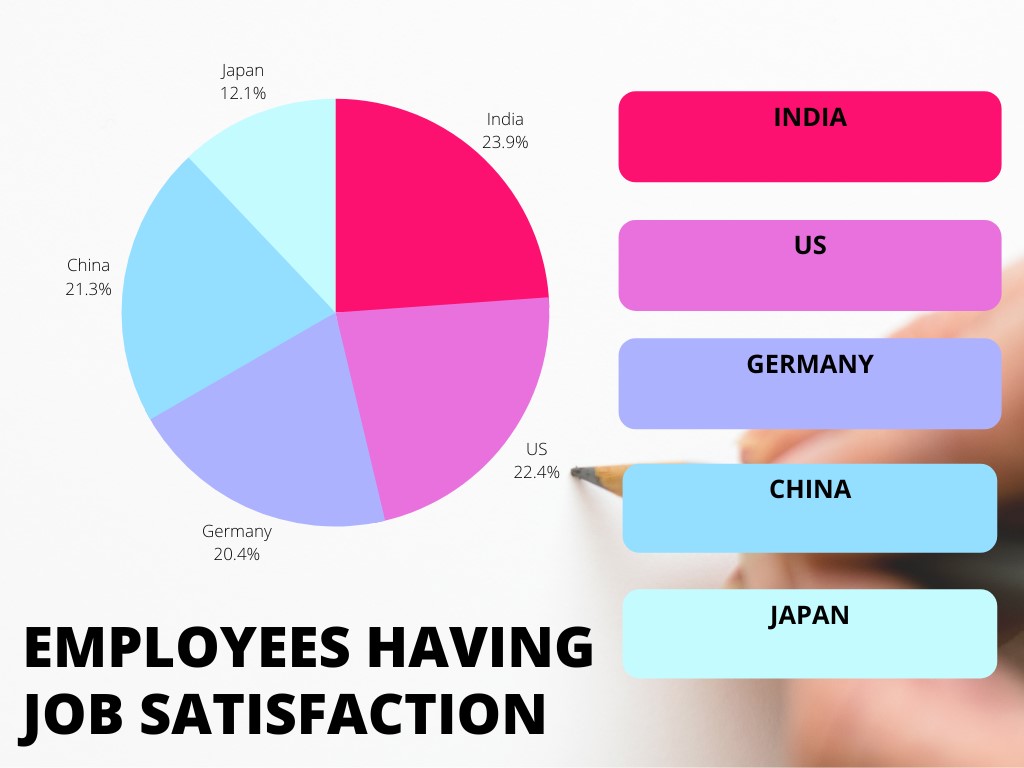
Poor management of work is one of the major reasons because of why the rate of job dissatisfaction has increased a lot. The main reasons behind employee dissatisfaction are micromanagement, lack of empathy from leaders, overtime work, low salary, favoritism, and so on.
But does job satisfaction affect job performance? The answer is absolutely YES! Corporate trainers who often deal with employees having a low-performance record have come up and spoken with us. They have a certification in corporate trainer training course online and they know how to evaluate and assess the reasons behind employees’ performance levels. They can predict higher productivity or lower one based on the work environment of employees and thereby, provide training materials so as to improve employee performance.
Learn more about the train the trainer course:
So what do we mean by job dissatisfaction?
It is a particular status when an employee’s expectations for their job are not in accordance with their KRAs or professional development. Dissatisfied employees feel that their creativity or skills are in vain. They attend multiple training programs such as corporate training, but often they do not know how to combat job dissatisfaction.

What are the types of job satisfaction?
To be specific there are 2 types of job satisfaction- global job satisfaction and facet job satisfaction.
Global job satisfaction is an overall feeling about the job that an employee does. It shows how much an employee is happy with the job duties, work-life balance, work environment, etc.
Facet job satisfaction is about every minute specific of the job duties and employee is having.
Technically, there are 5 components of job satisfaction. Refer to the diagram below.

Based on these factors or components, it can be evaluated if employees are satisfied with their jobs or not. Job satisfaction ensures personal as well as professional development and people who are dissatisfied with their jobs ultimately gain a lack of interest in their work roles.
How do employees respond to job satisfaction?
Needless to say, it reflects overall when employees are totally satisfied with their jobs. The performance remains constant or becomes better with every passing day. Employees who are satisfied with their jobs are totally opposite to those leaders who show poor leadership skills. They are confident about their roles and quite aware of where they need to cut down or improve themselves.
Satisfied employees always have a hunger for growth and they love keeping themselves upskilled. They read a lot and gain knowledge about various things. They update themselves both technically and mentally to meet the goals and align themselves to the vision of the organization.
Dissatisfaction in the workplace can be extremely hazardous for an employee’s career. Randstad Workmonitor has done a survey where they have found out that Indians are having the maximum job satisfaction at the workplace while Japanese are the least satisfied out of 34 countries surveyed.
42% of Japanese said they were satisfied with their work while 21% said they were dissatisfied, and these are the lowest and the highest outcomes in the survey, respectively. The Japanese say that the prime reason behind their job satisfaction is a disgusting work environment and they have opened up about various workplace harassment issues. From another survey conducted by the same organization, the Japanese expect the least salary hike depicting the level of unhappiness they have with their jobs.

However, combating job dissatisfaction is of sheer importance. There are some approaches that organizations often use to combat job dissatisfaction.
A clear set of goals:
Employees must have a clear set of goals and should be aware of the visions and missions of the organization they’re working for. They will be confident enough to get on track properly when required. Leaders should also make themselves available if employees have queries or instructions that are not clear to them.
There should be a variation in work:
The same type of job often results in low productivity. Leaders should assign challenging tasks to employees. Let them do different tasks once in a while so they will not feel bored.
Smooth communication:
There should not be any communication gap between leaders and employees. Open communication line with employees shows that their opinion/skills are valuable and that they are considered a significant part of the team. This also avoids any issues that may arise because of miscommunication.
Say NO to Favoritism:
Treating everyone fairly and equally will always create a notion that everyone is equal. Favoritism will generate low morale among other employees. Nepotism in staff can create an idea that their hard work is insignificant and only the favored employee gets recognition like a promotion, appraisal, a hike, etc. Truly hard-working employees will feel demotivated.
Appreciating the employees:
Leaders must show their employees that their hard work is fairly recognized and that is worth appreciation. They should always be praised for their good performances and managers or leaders should let them know that good work doesn’t go unnoticed. Rewarding hardworking and target achievers is an excellent system. It can be in the form of monetary compensation such as raises or bonuses or other rewards such as company events and group outings.
The bottom line:
Job satisfaction and dissatisfaction impact a lot on employees’ performances. Corporate trainer training courses online have helped corporate trainers to understand the perspective of employees and recommend ways to combat any kind of problems they’re facing in the organization.
To know more about corporate training, call our toll-free number: 1800-212-6400.
Written By : Park Jin Ae
Centre For Training & Professional Development (CTPD) - The Trading brand of TTA Training Private Limited, India is a ISO 9001:2015 Company




© 2021 - Centre For Training & Professional Development (CTPD). All Rights Reserved. Centre For Training & Professional Development (CTPD) trading brand of TTA Training Pvt. Ltd (India) - CIN U80902WB2016PTC215839, Asia Teachers Training Co., Ltd (Thailand) - Registration No. 0105558193360 & Asian College Of Teachers Ltd (UK) - Company Number 9939942 & Asian College Of Teachers LLC, (USA) - Federal Tax Identification Number 30-1261596
Designed by kreativewebtech